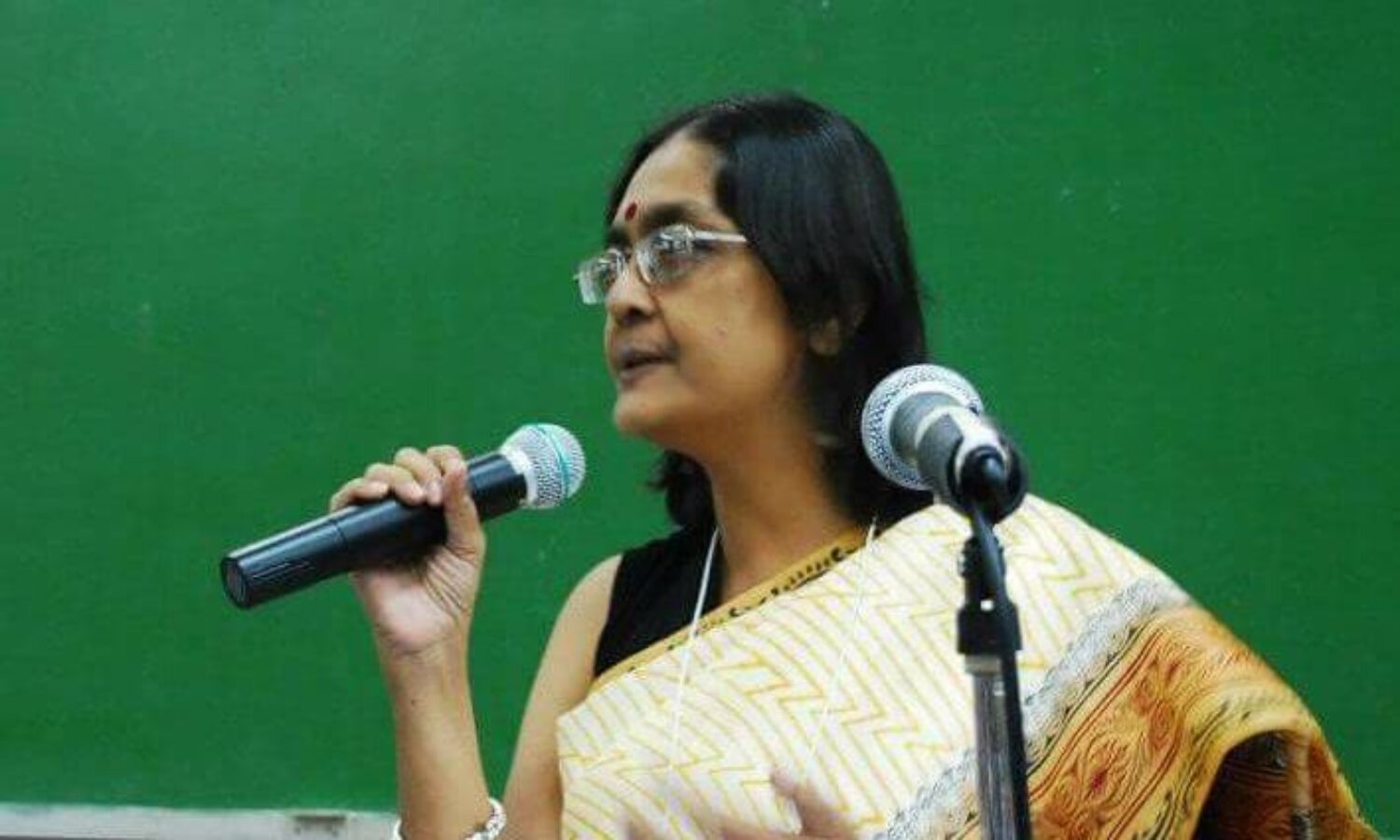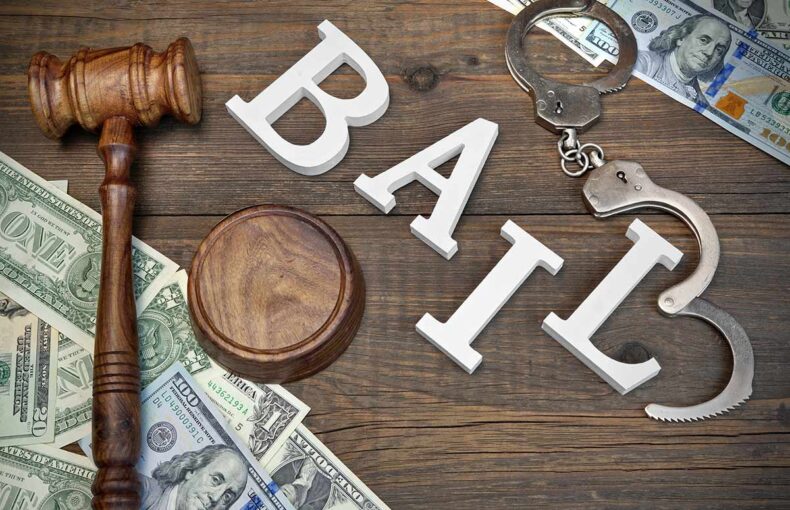In a significant development, the Supreme Court has agreed to hear the interim bail application of English professor Shoma Sen, one of the accused in the Bhima Koregaon violence case. The plea is based on the deteriorating health of Shoma Sen, who has been in jail since June 2018 under the charges of offences related to the Unlawful Activities (Prevention) Act, 1967. This case has attracted attention due to its connection with the 2018 caste-based violence that erupted in Bhima Koregaon, Pune, and alleged links with the banned Communist Party of India (Maoists). A two-judge bench comprising Justices Aniruddha Bose and SVN Bhatti heard the matter.

Background : A Long Legal Battle of Professor Bail
The legal battle in the Bhima Koregaon case has been ongoing for years, drawing public and legal attention. Shoma Sen, an English literature professor and former departmental head at Nagpur University, is one of the accused, along with 15 others, in the case. The case revolves around the violence that erupted in Bhima Koregaon in 2018, following inflammatory speeches at the Elgar Parishad event commemorating the Battle of Koregaon Bhima. This event triggered clashes between Maratha and Dalit groups, leading to a series of arrests.
Supreme Court Notice and Bail Precedent
Earlier this year, the Supreme Court issued notice in Sen’s special leave petition, along with co-accused Jyoti Jagtap’s bail plea. The co-accused, Vernon Gonsalves and Arun Ferreira, were granted bail by the Supreme Court last month after almost five years of custody. This decision was notable as the court considered both the length of incarceration and the gravity of the allegations. Justices Aniruddha Bose and Sudhanshu Dhulia held that the mere seriousness of the allegations shouldn’t be the sole grounds for continued detention. This precedent has set the stage for reconsidering the detention of Shoma Sen and her co-accused.
Interim Bail Plea Based on Health Grounds
Shoma Sen’s interim bail application rests on medical grounds and the deterioration of her health. Her counsel, Senior Advocate Anand Grover, highlighted her advanced age and the extended period she has spent in incarceration. Grover argued that her case is even more compelling than that of others who were granted bail recently, as she has been in custody for over five years and the trial is yet to commence, let alone charges being framed.
Bombay High Court’s Order and Changing Circumstances
The legal proceedings have seen various twists and turns. In January, the Bombay High Court directed Shoma Sen to approach the special court that is trying her case for bail, challenging a previous order. The court noted the filing of a supplementary charge sheet by the National Investigation Agency (NIA) and observed that circumstances had changed since her earlier bail plea was denied. This has set the context for the ongoing legal battle in the Supreme Court.
Revisiting the Case: Implications and Significance
The Supreme Court’s decision to hear Shoma Sen’s interim bail plea holds immense significance. It underscores the principle that detention cannot be indefinite, especially when health concerns come into play. The court’s earlier decision to grant bail to co-accused based on similar grounds has provided a legal foundation for the plea. The case also raises broader questions about the balance between the gravity of charges and the right to liberty.
Looking Ahead: Path to Justice
As the legal battle continues, the case of Shoma Sen and others accused in the Bhima Koregaon violence has captured attention both within legal circles and in the public domain. The case highlights the delicate balance that must be struck between individual rights and the state’s responsibility to maintain law and order. With the Supreme Court’s next hearing scheduled for October 4, the nation will be watching as the legal system navigates these complex issues and determines the course of justice.
In conclusion, the Supreme Court’s decision to hear Shoma Sen’s interim bail plea on health grounds marks a significant step in the long-standing Bhima Koregaon case. The legal proceedings raise important questions about the rights of the accused, the severity of charges, and the role of the judiciary in ensuring justice is served. As the case unfolds, it will continue to be a focal point of legal discourse and public attention.













